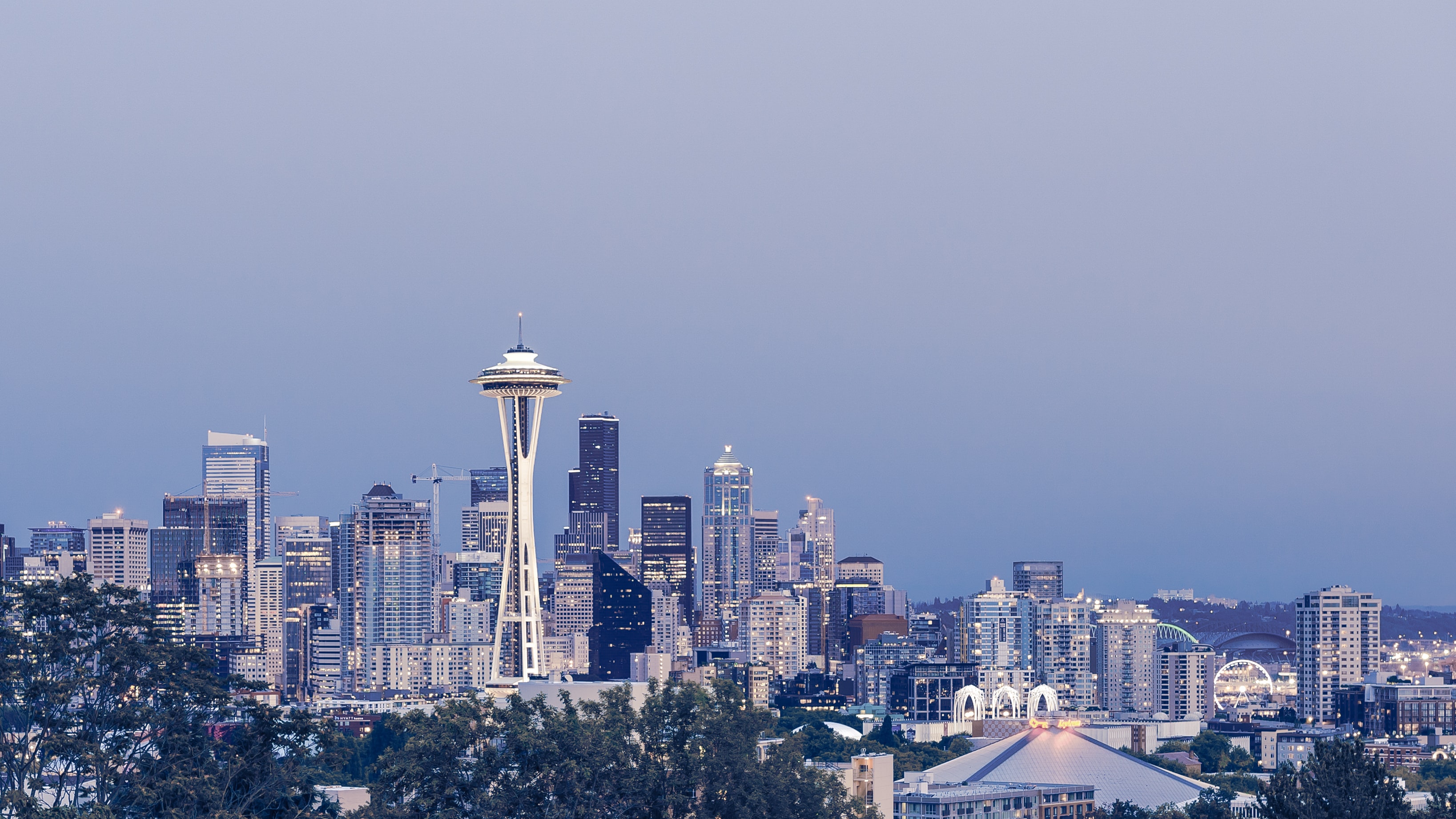
By Jesse Piedfort, Washington State Sierra Club Chapter Director
In 2019, Sierra Club members helped put Washington state on a path to a fossil fuel-free electricity grid. In the 2021 legislative session, we have a chance to harness that increasingly clean electricity to address our state’s fastest-growing source of climate pollution - the fossil fuels used to heat our homes, schools and businesses.
The Healthy Homes & Clean Buildings legislation, introduced by Gov. Jay Inslee and 40th District Rep. Alex Ramel as HB 1084/SB 5093, is one of the strongest proposals in the nation for a comprehensive approach to getting “natural” gas out of our homes and buildings.
Among the important provisions in the bill:
-
A requirement that new buildings constructed in 2030 or after must be zero carbon, with no gas used for space and water heating in new construction after 2027
-
Strengthened state building codes to incentivize cleaner, safer electric appliances over gas
-
A new heat pump and electrification program to support the use of clean electricity for space and water heating
-
Authorization to provide incentives for high-efficiency electric equipment
-
A requirement that customers requesting gas line extensions pay for those in full, rather than pass along costs to ratepayers
-
Utilities would need to fund programs to assist in the transition to clean energy, including transitioning their gas workers to new jobs
-
A requirement for utilities to align long-term plans for their gas systems with the state’s climate goals, and requiring planning for an equitable transition away from gas in buildings
So, why should we stop burning gas in our homes and buildings?
In Washington state, homes and buildings are the single fastest-growing source of carbon pollution--up 50 percent since 1990--and contribute 27% of Washington’s climate pollution. These emissions largely come from furnaces, water heaters, stoves and dryers that burned so-called “natural” gas. However, “natural” gas is far from safe, healthy, or natural. It consists primarily of methane - a greenhouse gas 86 times as potent as carbon dioxide - and a large majority of gas we use now comes from the environmentally destructive process of fracking. When methane leaks are taken into account, the full climate impact of fracked gas rivals that of coal.
Thanks to Washington state’s abundance of clean, low-cost electricity, swapping out gas appliances for electric ones is a huge climate win. This switch would reduce the average household’s climate footprint by 50% - the equivalent of completely giving up your car. Multiple studies, including the Washington State Department of Commerce’s recently completed draft state energy strategy, have identified hooking buildings up to our increasingly clean electricity as the most cost-effective pathway to a decarbonized economy.
Gas also poses a significant threat to public safety due to the constant threat of pipeline explosions from the state’s network of aging and leaky pipes and carbon monoxide poisoning in the home. Gas appliances, particularly stoves, also have well-documented impacts on indoor air quality and public health, contributing to higher rates of asthma in children. While the bill doesn’t prohibit stoves, it is likely to greatly reduce the number of new homes built with gas cooking.
Top Sierra Club Priority
Sierra Club has worked in state legislatures, city halls, and school boards across the country to get fossil fuels out of our homes and buildings. More than 40 California cities have already committed to phasing out gas appliances in new construction and cities like Seattle, Bellingham, Tacoma and Olympia are considering following suit. This issue is a top priority for the Washington State Sierra Club
We’ll be working this session to ensure that this bill adopts these changes on a timeline that matches the urgency of the climate crisis. We’re also going to push hard to support some of the more effective near-term provisions in the bill, including smaller buildings in-state energy management rules, requiring the new customers requesting gas line extensions pay for the full cost themselves (rather than passing the burden to ratepayers), and clarifying that public utilities can offer incentives for switching to high-efficiency electric appliances.
Finally, new jobs retrofitting buildings should be prioritized in communities of color that are disproportionately impacted by fossil fuel pollution, and these communities should be the first to enjoy the indoor air quality benefits of new electric appliances. We’ll work to make sure workers, low-income people, and communities of color are prioritized.
Healthy homes and clean buildings are an essential part of the clean, equitable future we’re all working to create together - and we’re excited to support this bold and comprehensive state-level proposal. Stay tuned in the coming months for more updates and opportunities to make your voice heard.
Click Here to Get Involved
(Select "Building Electrification" as your #1 Area of Interest)